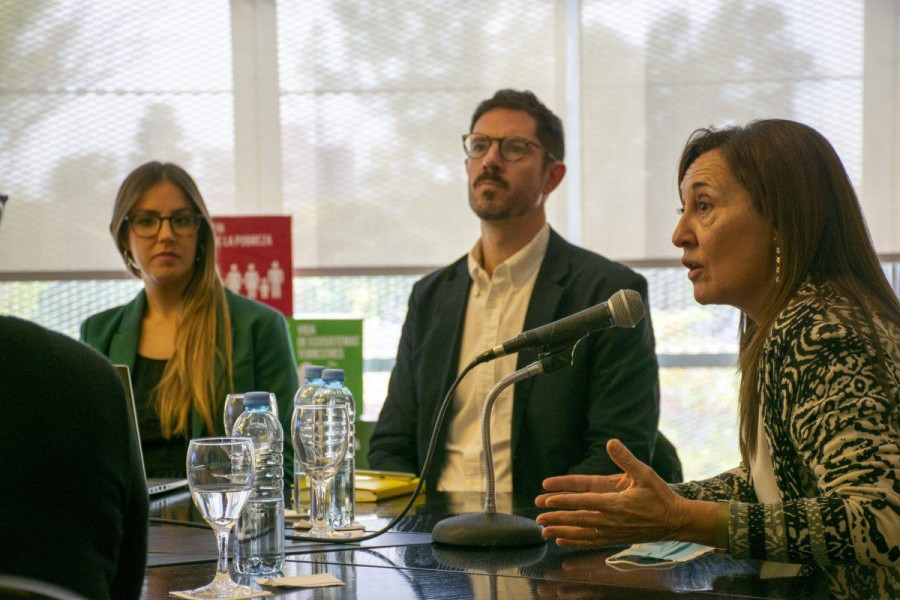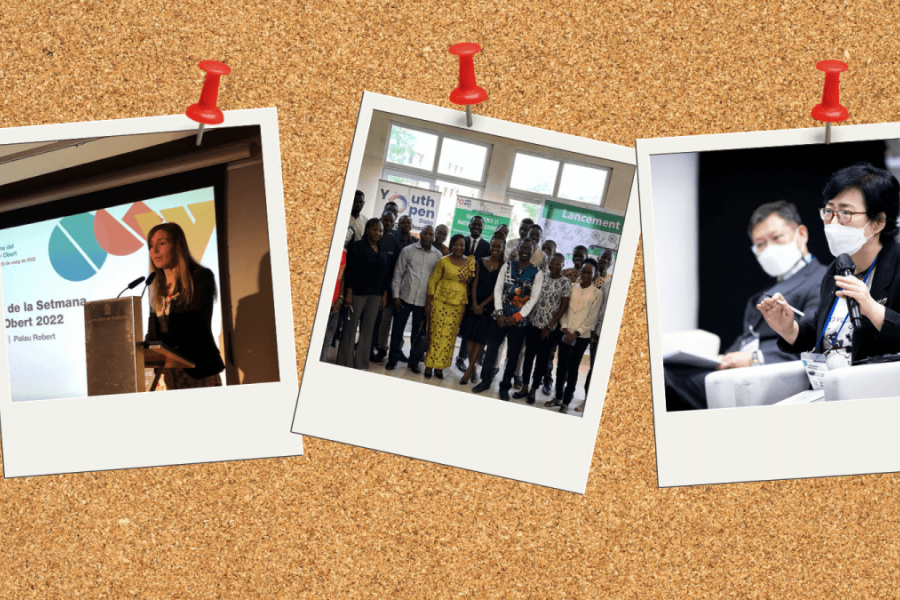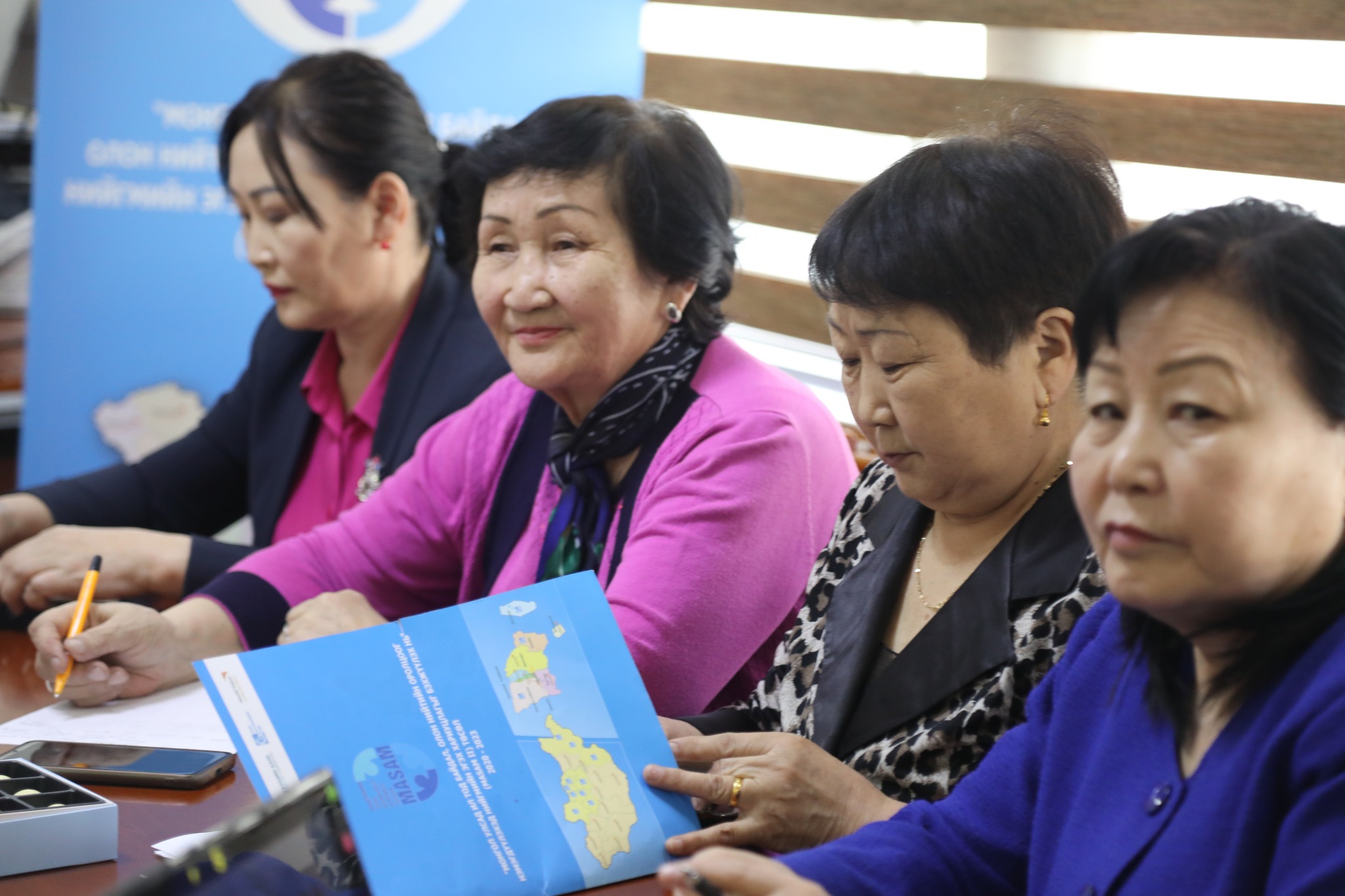Back
This analysis was originally published on the Global Data Barometer website here.
Governments should serve citizens rather than the other way around. This concept is at the heart of the Open Government Partnership (OGP), an international initiative that brings together more than 150 national and local governments and thousands of civil society organizations to improve government transparency, civic participation, and public accountability. Advancing political integrity is critical for combating corruption and strengthening democracy, and is therefore a key part of OGP’s mission. Everyone should be able to observe, inform, and influence decision-making equally. Systems should exist to ensure that public officials do not use their offices for private gain. The role of money in politics should be transparent and include citizen-facing channels for accountability.
These goals are clear, but our progress in meeting them has not been. Until now, little information existed on the implementation of basic transparency policies and practices. For example, it was unclear which governments publish data on who is lobbying them or funding political parties and candidates, and whether disclosure is required by law. Where this information existed, it was fragmented and did not easily enable cross-country comparisons.






